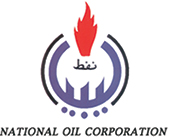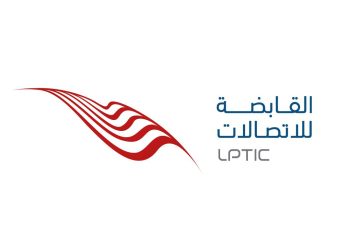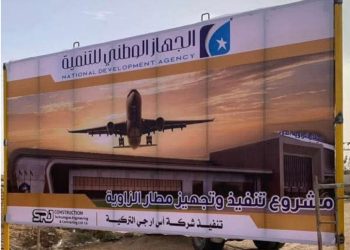By Libya Herald reporter.
London, 22 April 2016:
A . . .[restrict]unity government is the only option if Libya is to recover in the long term, Mustafa Sanalla Chairman of Libya’s Tripoli-based National Oil Corporation (NOC) said at the 17th International Oil Summit in Paris yesterday.
He called upon the international oil industry to help his country avoid its “resource curse”, the Tripoli NOC reports.
“Our job is still to preserve the NOC for the benefit of all Libyans. The bottom line is that reconciliation and reconstruction are our only way forward. Unity will bring security and stability. With those, oil will flow, and we will have the resources to rebuild our country and our lives.”
Sanalla laid out the importance of his corporation’s political neutrality and encouraged the Petroleum Facilities Guard to fulfil its promise to end its blockade of key oil facilities, which he said costs Libya $30million a day.
“They have an opportunity now to show they support the integrity of the NOC and the integrity of the country by opening the oil ports, as they have promised, and I urge them to take it.”
Sanalla outlined his hopes for an NOC that “should be a centre of technical excellence, representing the best of the country from every tribe and every town”, as well as an institutional platform on which Libya’s new democracy can thrive. However, he warned delegates of the dangers the country was exposed to by its dependence on oil.
“Democracy and oil rarely co-exist. Oil wealth makes dictatorship easy. We know this from our own experience. Dictatorship came to Libya only a few years after oil was discovered. So, the challenge I pose to you is to start thinking now about how together we can help to prevent Libya’s new democracy from falling at the first hurdle’’.
‘‘We will do whatever we can to produce the oil on the best terms possible for Libya. We will do our best to ensure Libya grows into a country where oil wealth and democracy can exist together.”
“While Libya is unstable, that will feed into Europe in the form of waves of migration, interruptions in oil and gas supply, and as an incubator for terrorism. But a stable Libya, with its strategic location and resources, can be an important trade and security partner, a bridge to North Africa, and a strategic oil and gas supplier at the centre of a North African energy hub.”, concluded Sanalla. [/restrict]









